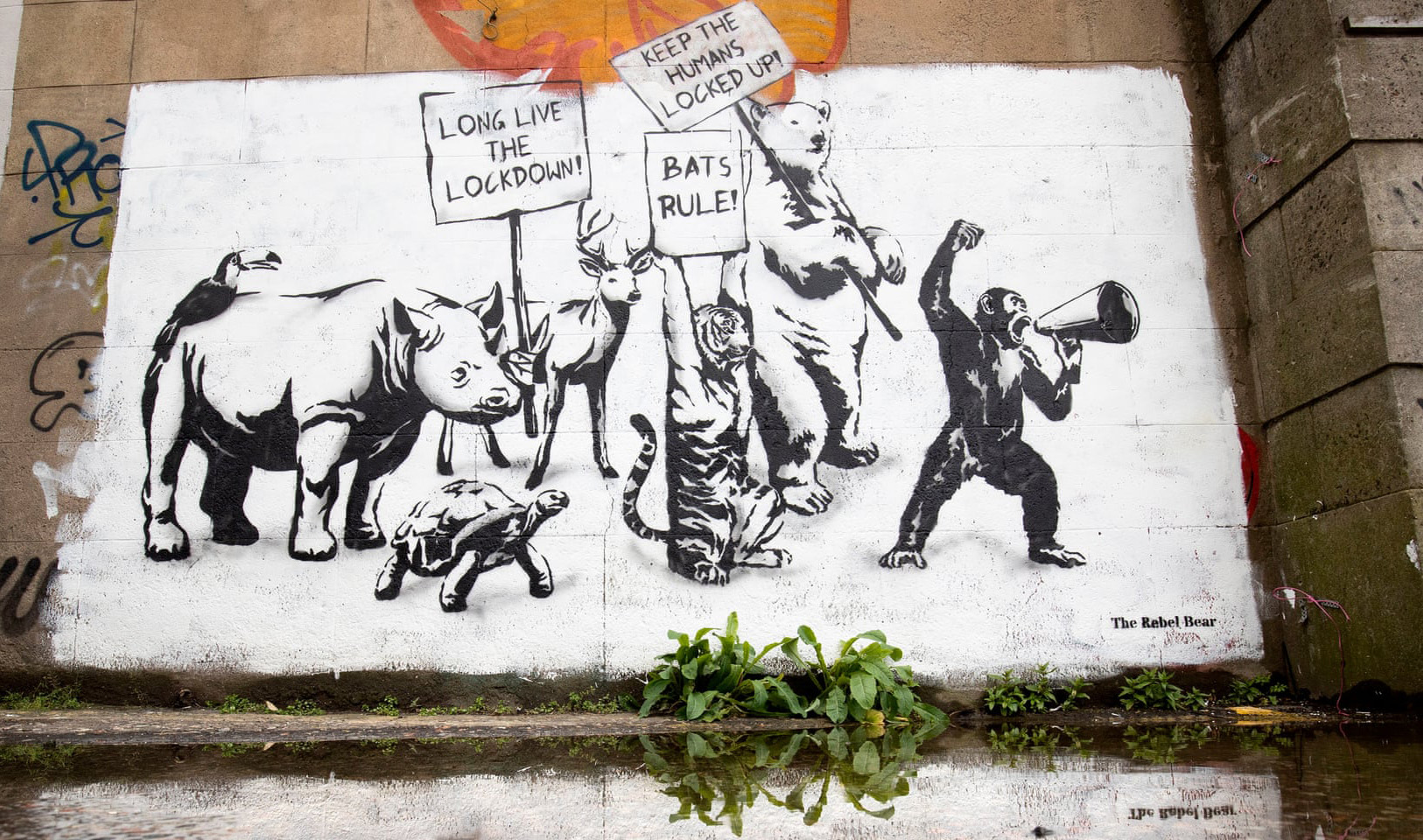
Image jentakespictures#
War, Revolution or Taxes?
Eliminate tax evasion and secrecy jurisdictions, invest in the natural world.
In 2015 a small, but growing, number of the world’s billionaires got together to discuss how a tiny percentage, 0.1% of the 0.1%, of the world’s wealthy are raiding the world’s spoils. While they discussed that it was unfair and not sustainable, creeping under the surface of the conversations on philanthropy and corporate social responsibility was a shared understanding of the risk of the growing divide and overexploitation. One of the people who spoke was Paul Tudor-Jones, an American billionaire hedge fund manager, conservationist and philanthropist who said that such divides have historically been resolved in one of three ways: Wars, Revolutions or Taxes. These are the only three ways societies and civilisations transition.
Since that 2015 event, the world elite have created a growing number of networking opportunities to get together to ponder these issues, while in parallel the problems of social inequality and environmental exploitation have accelerated. Just one of these networks is the annual World Economic Forum (WEF).
Given Tudor-Jones’ remark about taxes, wars or revolution, it is interesting to note Rutger Bregman, a Dutch journalist and historian, comment at the 2019 WEF. Bregman lambasted the rich attendees for failing to talk about the one thing known to fight wealth inequality, namely raising taxes. Bregman said:
“It feels like I’m at a firefighters conference and no one’s allowed to speak about water. Just stop
talking about philanthropy and start talking about taxes. That’s it. Taxes, taxes, taxes.
All the rest is bullshit in my opinion.”
The global pandemic has brought home that the world we live in is broken, the systems that used to protect us don’t anymore, all the gains of increased productivity have gone to those already well off or rich. One of the few positives to come from the pandemic is that it offers a rare breathing space, and instead of using the extra time to learn to bake, do property DIY or take up some craft wouldn’t it be better to use it to work out how we got here?
We can worry about the pandemics, the US elections, keeping our job or dealing with home-schooling children, but none of that changes how we feel about living in these uncertain times. If we take some time out to look at history, we can see that all of this has happened before. Sure, it looked slightly different, but there are patterns in human history that repeat.
The billionaires are investing their time in understanding how civilisations rise and fall, they know it is in their best interests to do so. Just one of these billionaires is Ray Dalio, a hedge fund manager and philanthropist, is currently publishing an online book: The Changing World Order.
Reflecting on the studies of the rise and fall of civilisations, a popular topic in the 1920s, Dalio has built on the work of Oswald Spengler, Arnold Toynbee, Nikolai Kondratiev and more recently Peter Turchin, looking at the ‘economic waves’ or ‘secular cycles’ recuring every 150 or so years.

Dalio presents the cycle in a graph (Nature Needs More has added the comments in red), depicting the typical progression from the initial period of prosperity and productive debt growth to debt bubbles and violent conflict before another new order emerges. These cycles tend to last around 150 years and have been identified by Turchin and Dalio in historic England, France, Russia, Rome, China and the US.
Today, we are nearing the end stage of another big cycle, printing money has been adopted as ‘monetary policy’ by all major central banks since 2008 and we have seen an increase in civil unrest in many countries – the US, France and parts of South America, Africa and the Middle East. Countries such as the US, China, Russia, Turkey and Iran are rapidly modernising their armed forces. What we are not yet seeing is any evidence of the third option – taxes and redistribution of wealth. Sadly, history shows the combination used to drive change most of the time is revolution and war. But this isn’t always the case.
It is always good to remind ourselves that the top income tax used to be 91% after the New Deal in the US in response to the Great Depression. The New Deal also included new constraints and safeguards on the banking industry. Taxation was also used to rebuild a fairer society throughout Europe after the second world war; progressive taxation was used to Build Back Better!
Investing in understanding these patterns not only gives us clarity on where we are now, it helps us plan for what is to come. From a conservation perspective funds are needed to protect what is left, rehabilitate and rewild at least 30% of the planet.


